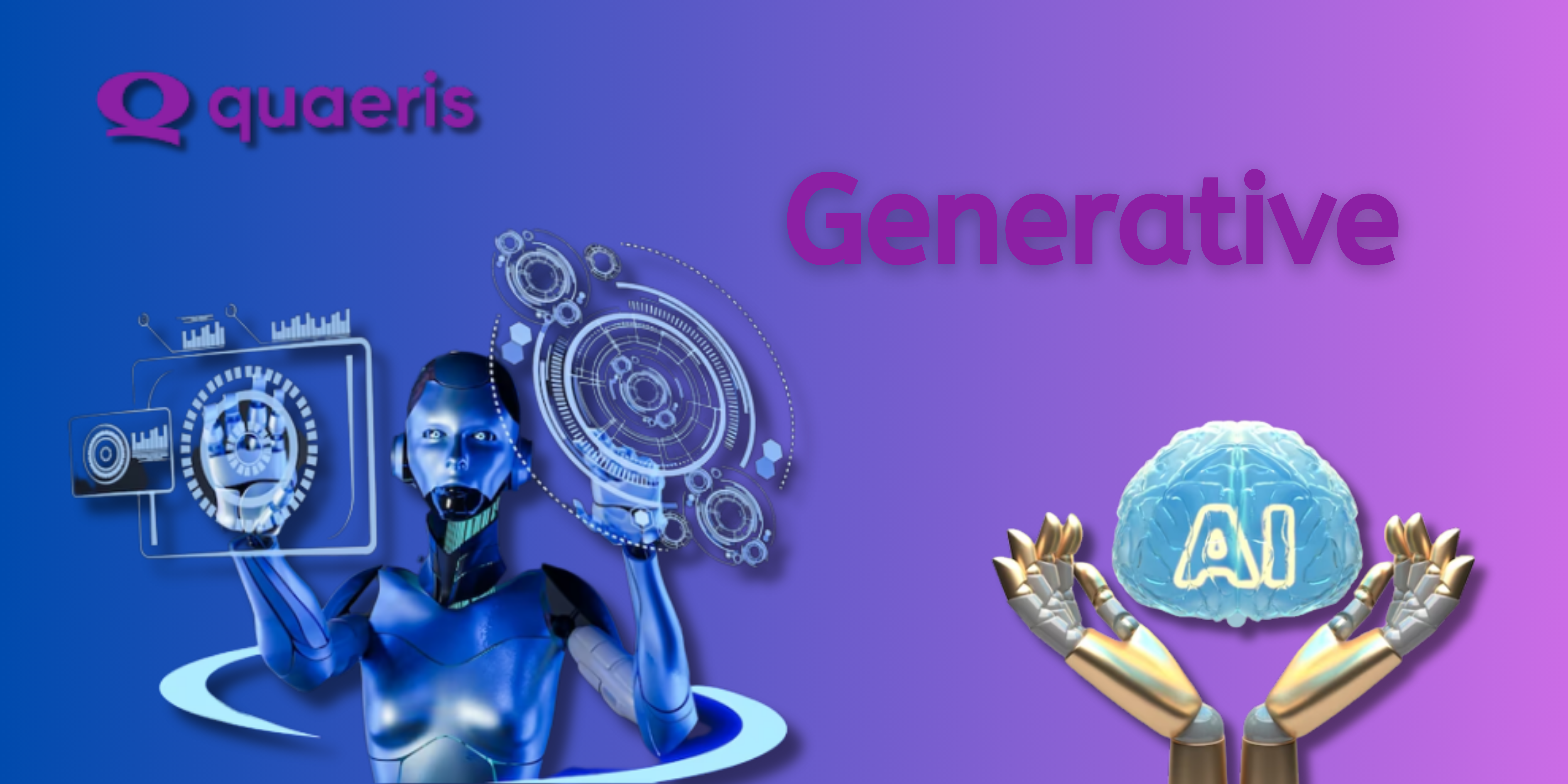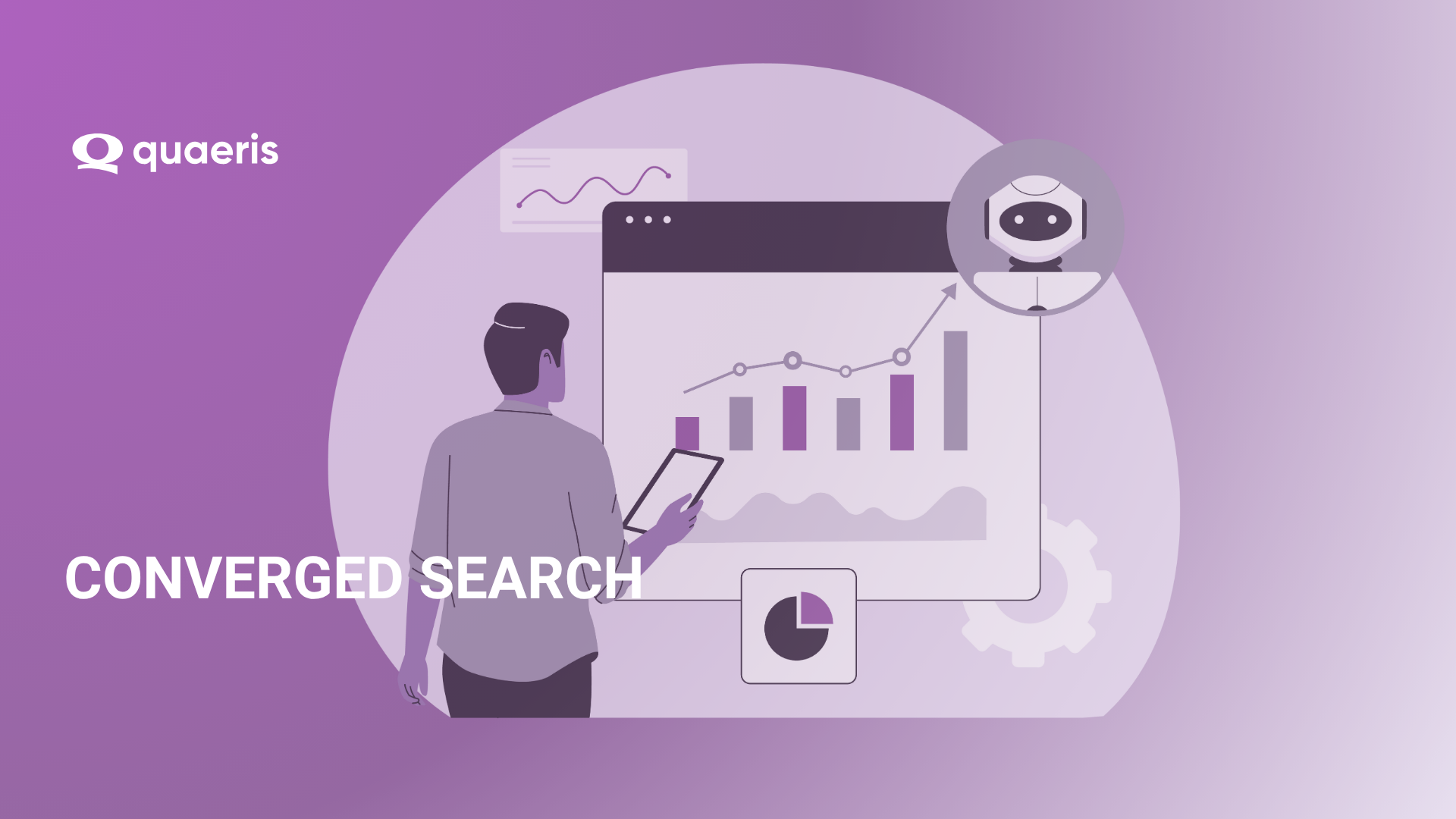Top 5 Self BI Tools: An In-depth Analysis
We are living in a technology-driven era, and the world has witnessed remarkable advancement in all sectors in the past few years, and the journey is still going on. Businesses are integrating new-age technologies within their workflow. For instance, self-service tools are used by various industries to streamline their business operations.
Power BI is one such self-BI tool developed by Microsoft that assists in visualizing data and sharing insights. It converts data from various sources to create user-friendly dashboards and business intelligence reports. Due to the evolution of technology, users expect a lot from businesses to obtain the solution to their problems.
Integrating self-service business intelligence tools with AI and GPT-driven analytics solutions is poised to reshape various industries, like healthcare and banking. Thankfully, you can get the best possible solution for business analytics at QuaerisAI. Here, we provide an AI-driven solution that leverages the overall business operations.
Understanding Self-Service BI
Self-service business intelligence (BI) refers to the tools, processes, and software that enable the end user to analyze a hefty amount of business data and create dashboards independently. Unlike traditional BI, where the user submits the request to IT, self-service tools support business users in easy data access. Due to the self-BI tool, non-technical employees can easily participate in the data analysis process without seeking assistance from IT specialists or analysts.
Benefits of Self-Service BI
The benefits of using self-service business tools range from increased data literacy and faster decisions. Suppose you want to create a data-driven culture in your company. In that case, integrating self-service business intelligence tools with modern-age technology keeps you ahead of the competitors. Below given are the key benefits:-
Accelerated Insights
Business leaders need not rely on IT team experts to access the data. The data can be accessed from any source at any point in time. Due to this, a win-win situation gets created in which business users can also analyze the data, and experts can engage themselves in other high-value activities.
The data from the source can be pulled automatically and converted into a working data model through self-service BI.
In-Depth Data Analysis
Self-BI tools help business users analyze any data pattern, and hence in-depth data analysis can be done. A more collaborative environment is created, so different stakeholders can work together. Moreover, the tools can be connected to databases like MySQL and Google BigQuery. It is a crucial feature that permits data from different databases to be accessed from one place.
Improved Data Literacy
Self-service tools often comprise the feature of data visualization that enables business users to analyze trends and patterns in data. The user-friendly database help users in getting better insights into the data. The collaborative features, like commenting and sharing, permit users to collaborate on data analysis. Direct access to data leverages the familiarization and structuring of data.
Less and Simplified IT
There is a range of analytical capabilities, such as sorting, filtering, and grouping, provided by self-BI tools. Due to this, the data can be explored and analyzed in different ways. Business users can easily comprehend the data due to the availability of an intuitive and user-friendly interface. Hence the burden of IT gets minimized.
No SQL Requirement
Even non-technical users can easily generate reports in a lesser amount of time. Once the IT team integrates with the database and modeling configuration, business users can efficiently produce the reports. Due to this, agility in analytics can prevail.
Top 5 Self-Service BI Tools
Tableau
It is a powerful BI tool that users can build intuitive dashboards, documents, and visualization without needing an IT team. It supports various data sources and encompasses an interactive drag-and-drop interface. Moreover, it can be deployed on Mac, Windows, Linux, on-premise, and Cloud. I can be integrated with various sources of data. It brings flexibility to design as it exalts the versatility of visualization.
Microsoft Power BI
It is a cloud-based self-service BI tool comprising a range of features, such as collaboration, exploration, and data visualization. It can be easily integrated with a wide range of data sources like Excel spreadsheets. Due to all this, users can build interactive dashboards and reports. Furthermore, the integration of AI and GPT compelling custom visuals can be created based on the user's input.
Metabase
It is an open-source BI tool that assists users in getting the answer using different visualizations. It is good for a business with a limited budget. Its question feature helps users get simple answers to their routine activities. However, an SQL query is needed to get the answers to sophisticated questions.
Looker
It is an enterprise self-service BI tool based on the cloud. Google owns it and is famous for its data modeling capabilities, and LookML is the data modeling language of this tool. Metrics, dimensions, data relationships, and calculations can be defined in an SQL database through the tool.
Lightdash
It is a new open-source self-service BI tool that can be self-hosted or fully hosted by Lightdash. It can be linked with Gitlab and GitHub. The non-technical users can easily use this tool because of its intuitive interface. It is one of those tools that can fulfill the needs of both data teams and business users.
Get the Best AI-driven Data Solution With QuaerisAI!
QuaerisAI provides high security and privacy data security solutions by leveraging Generative AI technology into your existing workflow of self-service business analytics in the USA. One of the foremost advantages of using QuaerisAI, is its fine-tuned GPT powered-technology that assists businesses in addressing the wide range of business needs. Moreover, it offers the seamless integration of self-service business intelligence tools with AI and GPT-driven solutions which in turn leads to data-driven and informed decision-making.


